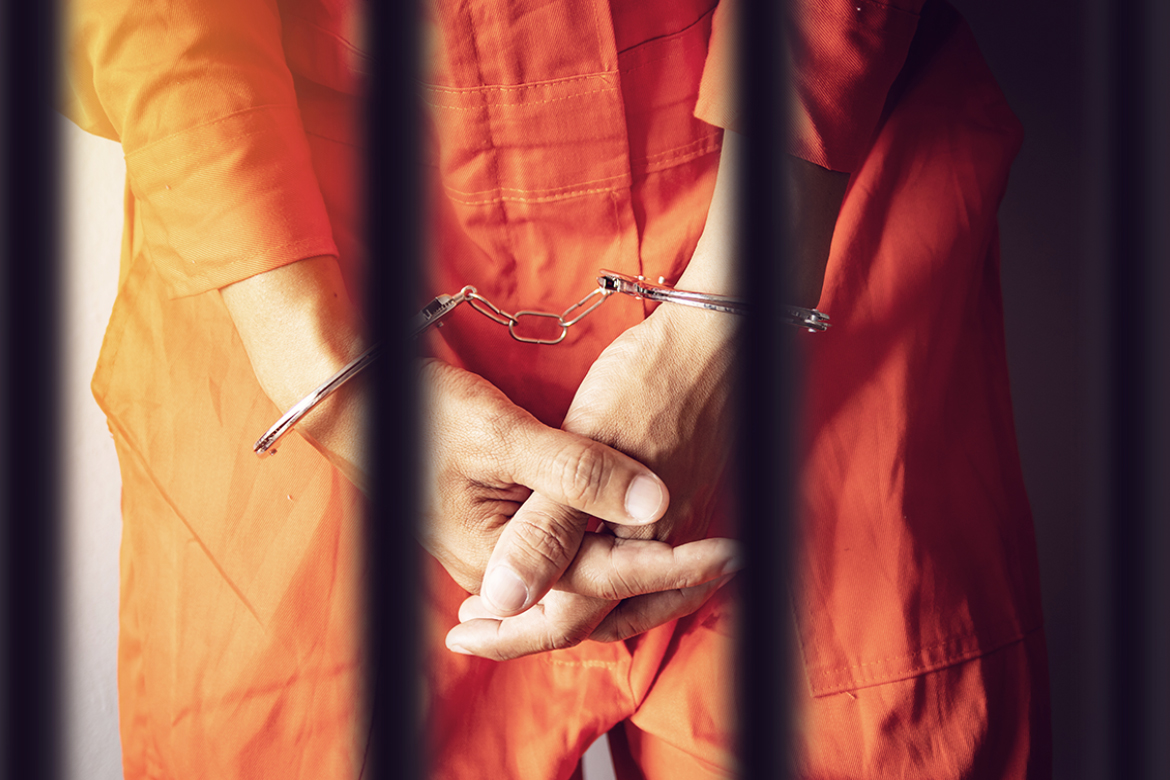Following Rebbe Nachman’s passing, Reb Noson endured years of oppression by Jewish opponents who wanted to put an end to Breslov Chassidut. At one point, Reb Noson was arrested and tried on trumped-up charges. He was thrown into the Breslov prison in a cell with thieves and murderers.
In Russia, the first thing the detainees demanded of a new prisoner was money for alcoholic drinks. Reb Noson had nothing, but they didn’t believe him. They twisted several pieces of cord into a thick rope with which to strike him. Just as they raised the rope against him, Reb Noson let out a terrifying scream. The warden came running and Reb Noson told him what his cellmates wanted to do. He asked to be moved to a different cell. The warden refused, but warned the other detainees not to lift a finger to harm Reb Noson.
Reb Noson spent ten days in jail until the Breslover chassidim were able to release him on bail. Even in prison, Reb Noson attached himself to HaShem and was steadfast in his devotions—praying loudly, studying Torah, and keeping up his Chatzos prayers at night. His prayers were so intense that the other prisoners complained he never let them sleep.
During this time, he also authored the discourse found in Likutey Halakhot, Yayin Nesekh 4, which emphasizes the harm done by alcohol—what his cellmates had demanded of him. It also discusses the imprisonment of an innocent person, which Reb Noson compares to the way a person’s evil desires close in on him. The only way one can be saved from such “incarceration” is through abundant prayer.
Upon his release a few days before Tisha B’Av, Reb Noson wrote to his son Reb Yitzchak:
For the moment, speech must be reined in. Let us “put our mouths in the dust, perhaps there will be hope” (Lamentations 3:29). Perhaps, perhaps… Even if you write to me a thousand times about your suffering, I, too, have had thousands upon thousands of bitter moments. … Other people have also had to endure wave after wave of suffering. … Each day, everyone suffers all kinds of bitterness. All of it stems from the destruction of the Holy Temple, which is the main source of holiness, the main source of life.
(From “Through Fire and Water: The Life of Reb Noson of Breslov”)

